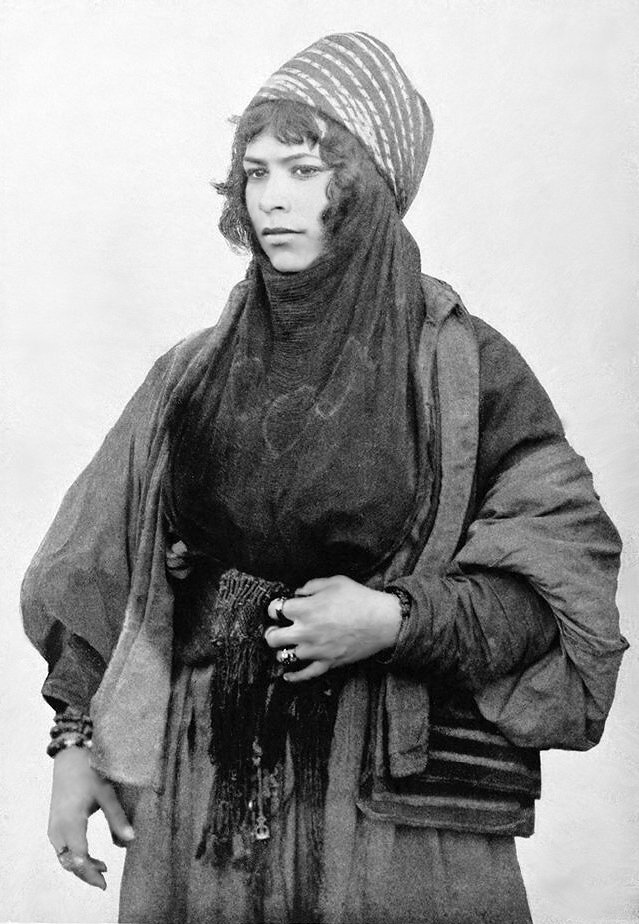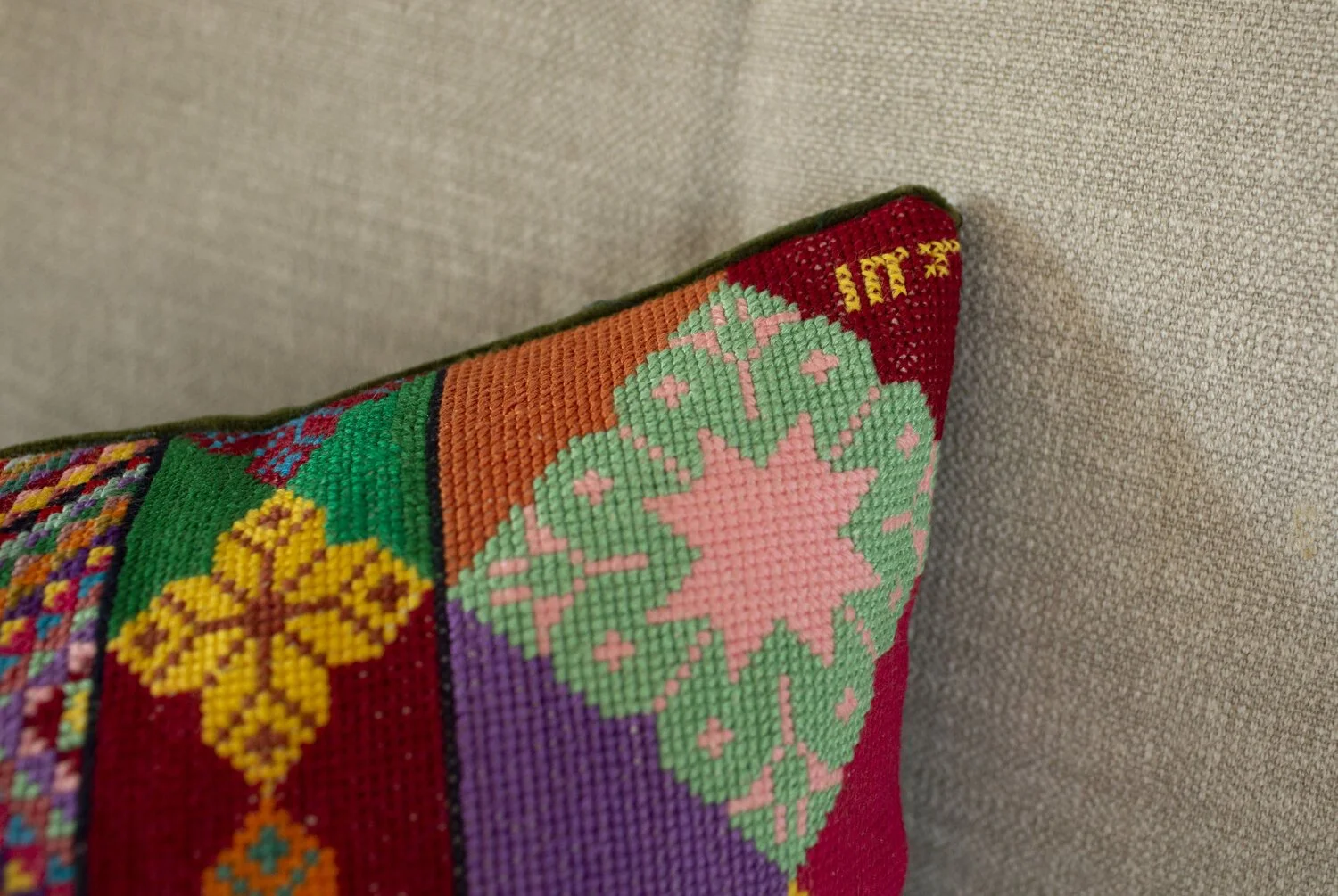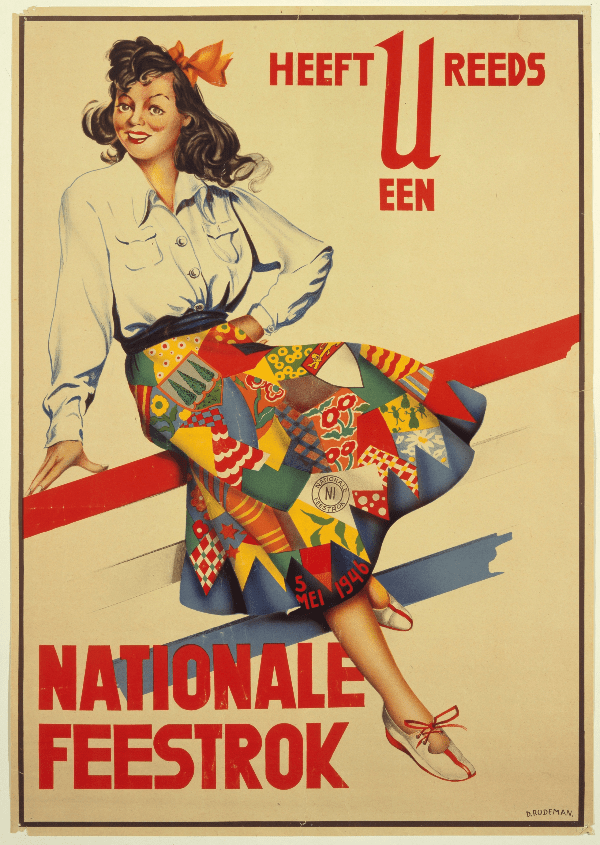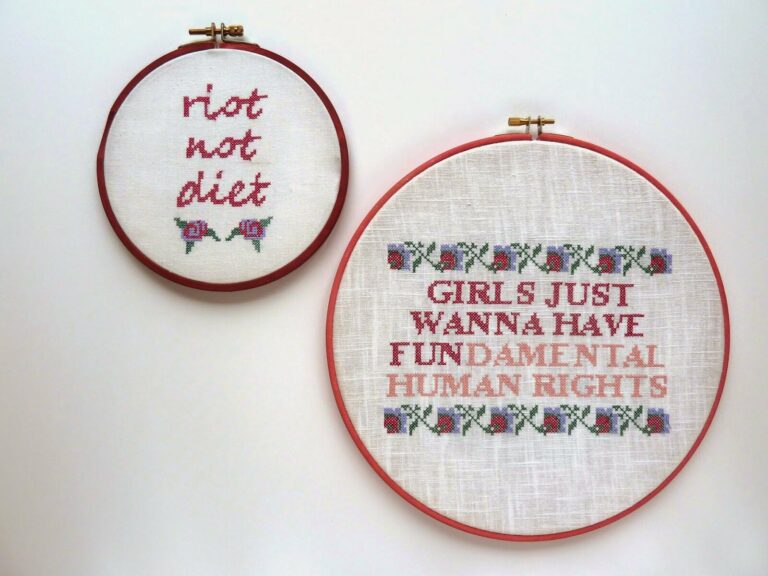Syria’s Bedouin – a culture under threat
This incredible photo of a Bedouin woman was taken in Syria in 1893.
The Bedouin are, historically, the Middle East’s nomadic sheep, goat and camel herders; their name means literally ‘desert dweller’ in Arabic. They are found from the Gulf to north Africa, but here of course we want to focus on the Syrian Bedouin, and especially their amazing embroidery and craft.
Syria’s Bedouin
Syria is about 80% arid land. For centuries, Bedouin tribes ranged across these areas searching for food and water for their animals. Their lifestyle was ecologically sustainable and their culture rich.
Everything they made was perfectly adapted to the harsh environment in which they lived. Their highly-skilled weaving, embroidery and beading was used to create the tents, rugs and blankets that sheltered them from the scorching heat and icy cold of the desert, and the long loose robes and headdresses that protected them from the rays of the sun.
The motifs they chose reflected what was culturally important – the cypress tree pattern that symbolised the tree of life, flowers signifying growth and plenty, and the camel representing patience and strength. Dresses in particular were heavily embroidered, often on both front and back.
It was mostly women who did this weaving and embroidery, and techniques would be passed down from one generation to the next. While many pieces were undeniably the work of one talented maker, others were a group effort, with one woman picking up the shuttle (or needle) when another left off. Weaving and embroidery became social events as much as functional necessities – just as for the Sabbara artisans, for whom getting together to knit and embroider is as much about the community as the income.
A culture under threat
Over the past hundred years, a series of colonial and state policies have pressured the Bedouin to give up their nomadic lifestyle and settle in towns and villages. As a result, although about 12 to 15% of Syrians still identify as Bedouin, only perhaps 2% are still nomadic pastoralists.
These people, already representing a culture under threat, have had their entire way of life endangered by the war. Finding themselves unable to move around to support their herds, caught in the middle of bombing and battles, vast numbers have been forced to give up their animals and lifestyle and become internally displaced or refugees.
There is not a lot that tiny Sabbara, helping what is in the bigger picture a handful of women, can do to stop these heartbreaking events. The Bedouin have received startlingly little attention in the coverage of the war – we hope this piece will raise some awareness of their situation.
We created our Bedouin cushion as a tribute to some of the colours and patterns observed in Bedouin craftsmanship. As with all of our pieces, 100% of the profits go to support Syrian women displaced by war.
This particular cushion is a one-off, and has been signed in Arabic in the corner by the woman who made it – ‘Alaa’.





